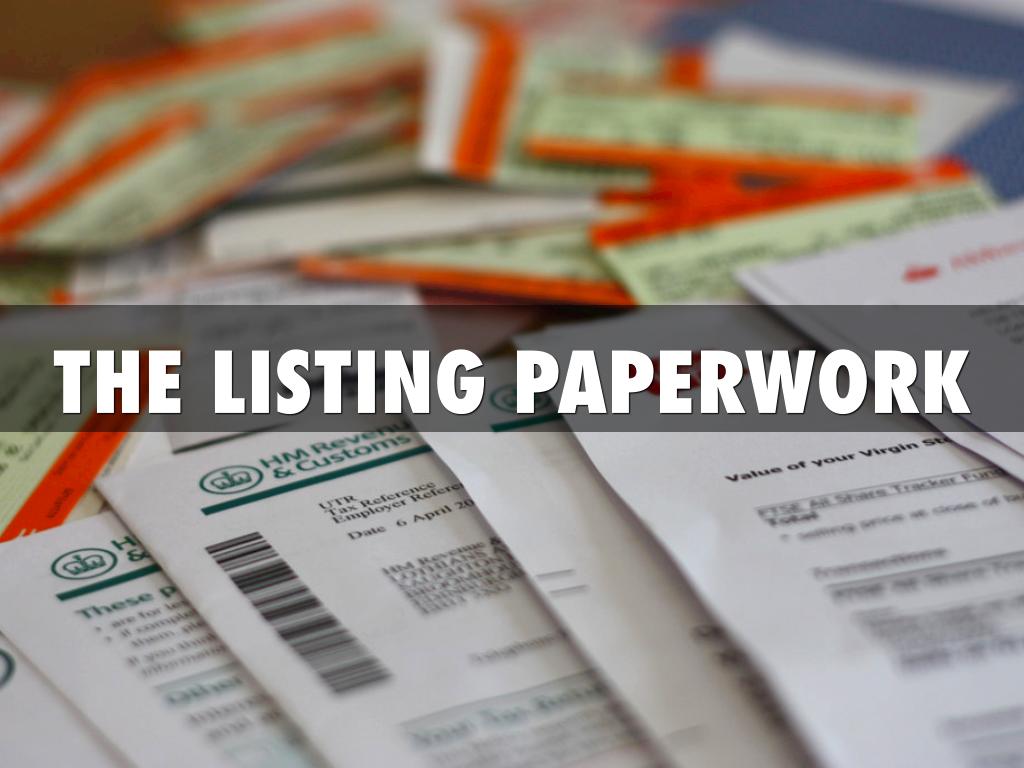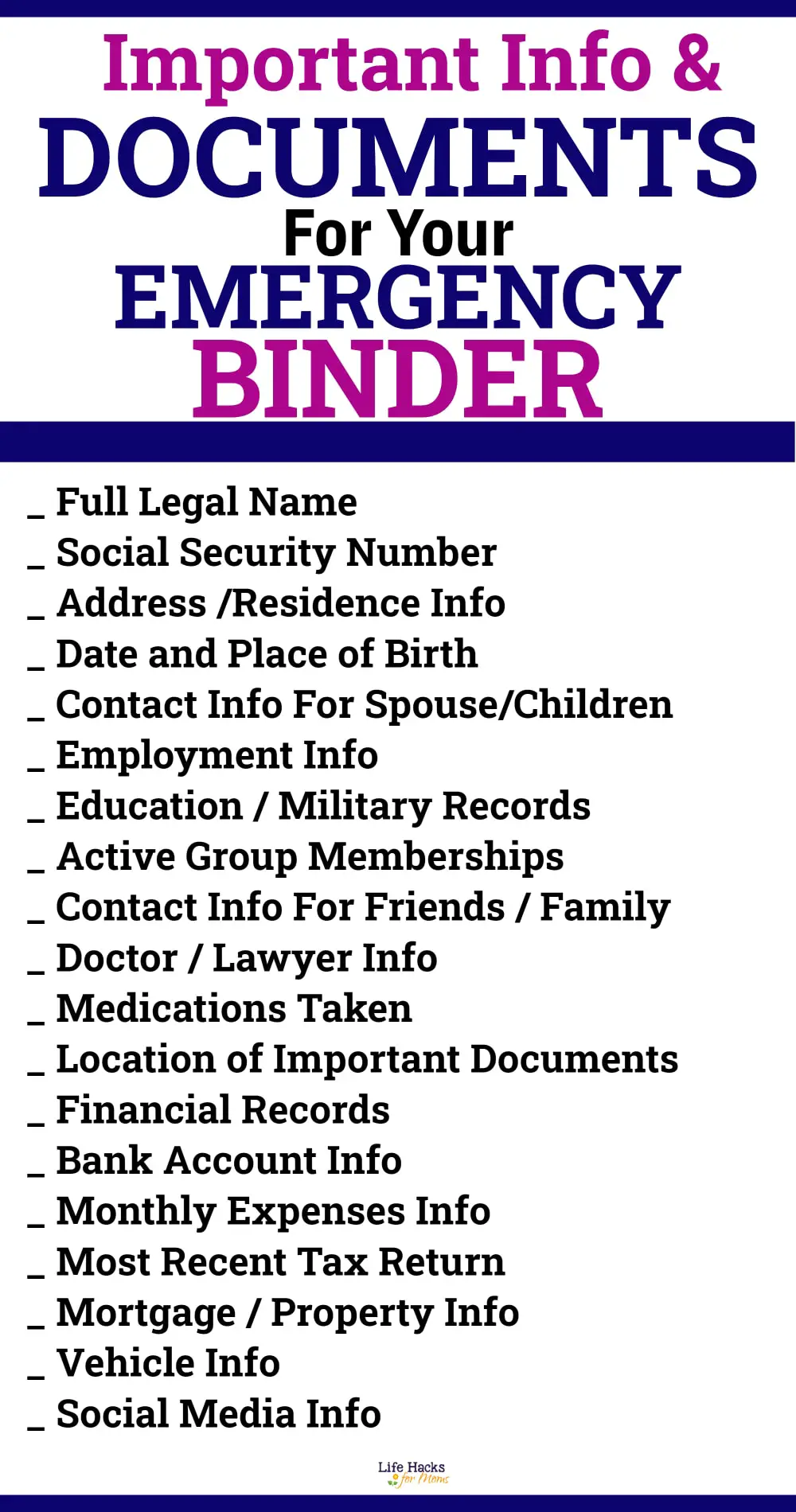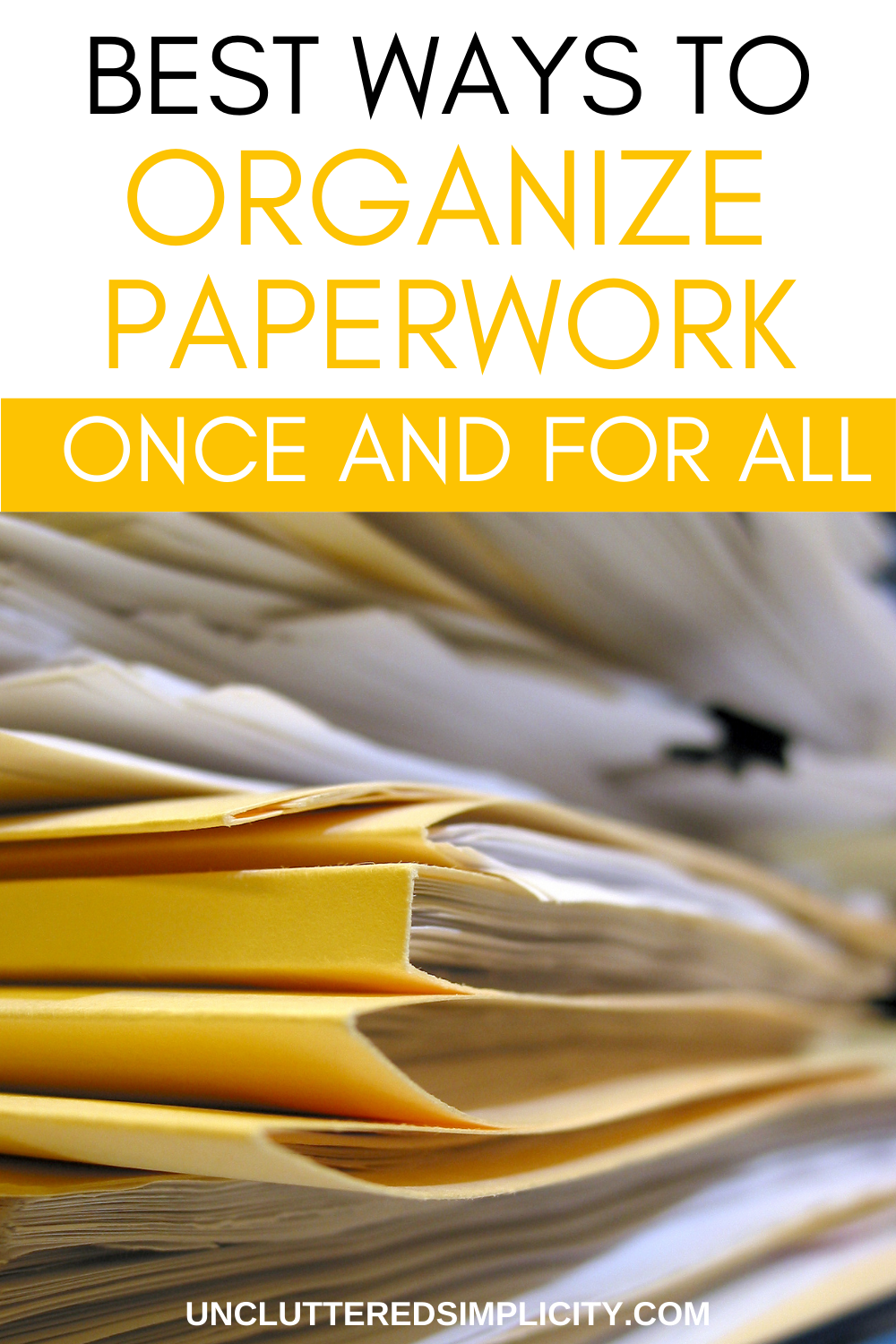7 Ways to Organize Your Paperwork Chaos

Are you feeling overwhelmed by piles of paper cluttering your desk and drawers? Organizing paperwork is often a daunting task, but with the right strategies, you can transform chaos into order efficiently. Here are seven effective ways to organize your paperwork and keep it manageable.
1. Sort and Categorize

Start by sorting all your papers into categories. This initial step is crucial in creating a framework for your organization system. Here are some common categories:
- Financial: Bills, bank statements, tax documents.
- Healthcare: Medical records, prescriptions, insurance policies.
- Work: Project files, correspondence, meeting notes.
- Personal: Letters, warranties, travel documents.
🔍 Note: Regularly update your categories as your life circumstances change.
2. Use a Label Maker

A label maker isn’t just for office supplies; it’s a game-changer when organizing paperwork. Labels make it easy to identify files at a glance and give your organizing system a professional look. Here’s how to use one effectively:
- Label File Folders: Clearly label each folder with the category and subcategories.
- Create Binder Tabs: Use labels for tabs in binders to separate sections.
- Label Storage Boxes: For items that need to be stored away, label the boxes clearly to find them later.
3. Implement a Filing System

A robust filing system is essential for managing both current and archived documents. Here’s how to set one up:
| Action | Description |
|---|---|
| Choose a Filing Method | Decide between alphabetical, chronological, or a hybrid system based on your needs. |
| Select Filing Cabinets or Storage | Use filing cabinets, portable file boxes, or even digital solutions for less physical space. |
| Create File Indexes | Maintain an index for your files to locate them quickly. |

📂 Note: Digital filing can save physical space, but ensure to back up important documents online.
4. Set Up a ‘Pending’ and ‘Action’ Area

Create distinct areas for documents that require immediate attention or pending action:
- Pending: Papers you need to follow up on or revisit.
- Action: Items that require action right away, like bills to be paid or forms to fill out.
5. Digitize When Possible

Going digital reduces the volume of physical paper. Here’s how to get started:
- Scanning: Use a good quality scanner to create digital copies of documents.
- Cloud Storage: Services like Google Drive, Dropbox, or OneDrive offer secure storage with easy retrieval.
- File Naming: Use a logical naming system for your digital documents to ensure they are easy to find.
☁️ Note: Consider shredding sensitive documents after digitizing to protect against identity theft.
6. Implement the Two-Minute Rule

David Allen’s Two-Minute Rule states if you can deal with a document in two minutes or less, do it immediately. This includes:
- Signing documents
- Making quick calls
- Paying bills online
7. Regular Maintenance

Regular upkeep is the key to maintaining an organized system:
- Weekly Review: Spend time each week to sort through any incoming documents.
- Monthly Purge: Clear out outdated or redundant documents, keeping only what’s necessary.
By following these seven methods, you can manage and organize your paperwork effectively. This systematic approach not only declutters your space but also saves you time in the long run. Organization leads to increased productivity and reduced stress, allowing you to focus on more critical tasks or even leisure time without the looming shadow of disorganized paperwork.
How often should I update my filing system?

+
It’s recommended to update your filing system at least once a year or whenever there are significant changes in your personal or professional life.
What’s the best way to categorize documents if I’m overwhelmed?

+
Start with broad categories like Financial, Personal, and Work. Within these, you can create subcategories later as you become more familiar with your documents.
How can I ensure my digital documents are secure?

+
Use password-protected cloud storage, ensure regular backups, and consider encryption software for added security.
Can I set reminders for actions related to my paperwork?

+
Yes, many digital tools like Google Calendar or Microsoft To-Do allow you to set reminders for tasks related to your paperwork.
What should I do with documents I’m unsure about?

+
If in doubt, keep the document but review it during your next purge session. Over time, you’ll learn which documents are truly necessary.